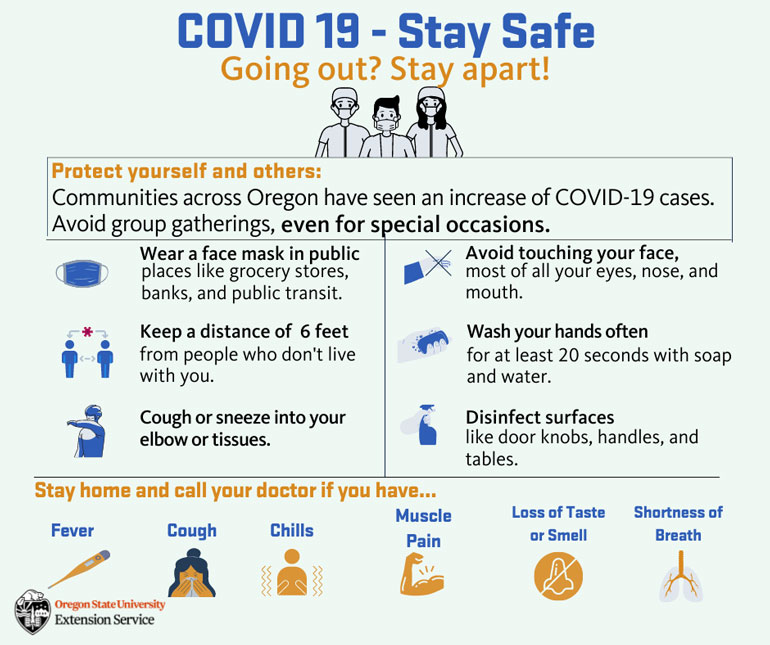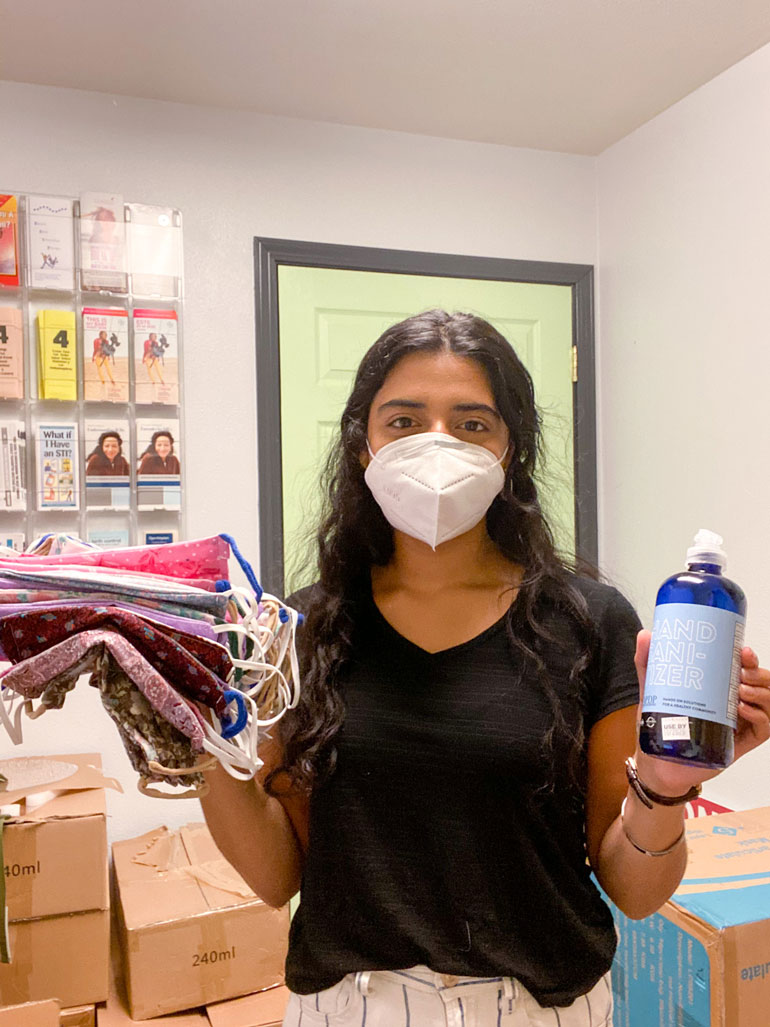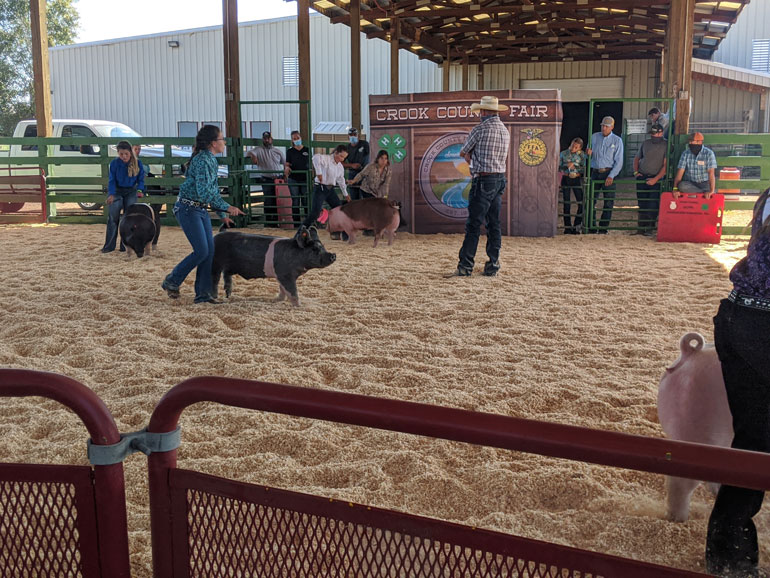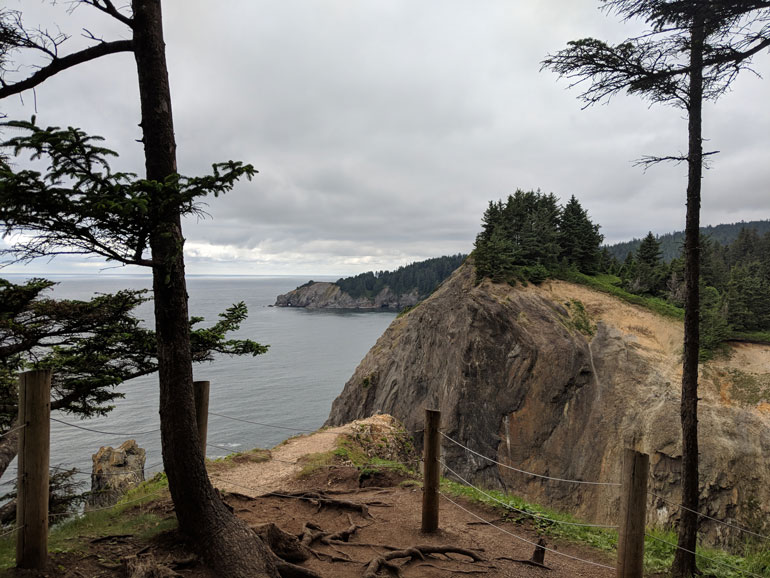Maggie Justice recently completed an internship in the OSU Extension office in Grant County.
When I was growing up, the worst week of the summer was not right before school started, but instead the week after our county fair. The whirlwind of fair prep and fair was over just as quickly as it began, and all we could do was wait for the dust to settle. Everything was uncharacteristically quiet, something that would drive my young mind crazy, but did allow for proper reflection over the work that had been done, and how it would continue in the next year.
I guess the same could be said for this year, after all the preparation and stress, I have this time to reflect on what I have done over the summer, and what I want others to glean from my experience.
Our local “fair” went off without a hitch, even though it was almost unrecognizable from the fairs I grew up with. The kids showed their animals wearing masks, and every couple days each livestock group, instead of staying on site for the whole fair, were there only on showmanship and auction days.


While it was easy to keep busy, I definitely missed the bustle of a filled barn. It was wonderful to see how supportive our community is towards its youth, respecting the rules that were set up, while still being able to watch livestreamed livestock shows. Members of the community also made sure every kid got a good price on their animal, making this auction the best one our community has ever seen.

A lot of hard work went into making a nice event for the 4-H and FFA kids in our community. There was careful planning that went into every detail, from the awards given, to the set-up of the barn, and most importantly, the careful maneuvering of each show.
There were a lot of things during the summer that I learned about, which were completely unexpected. For one, I learned how much the details matter, especially when planning an event that has many guidelines and regulations. Detailing minute details of shows was a foreign concept, but something that was definitely a useful skill that I will continue to use in my life moving forward. I also learned the value of working on a team, seeing that there are many entities and parts that make an event into something great. Also, I learned that I really do care about hand sanitizer texture, because some of that stuff is gross.
On a more serious note, my summer as an OSU Extension intern was something that was extremely wonderful for me and gave me nothing but good experiences and skills. I think that many people today do not fully comprehend how much Extension offices contribute and help the community, because they truly do a lot that goes unnoticed. As I think about our livestock and static shows, I think that truly shapes what Extension strives for. That people from all walks of life can come together for the betterment of their community. I feel so blessed that I got to be a part of something this awesome, and I hope that I can continue to help others through Extension.











